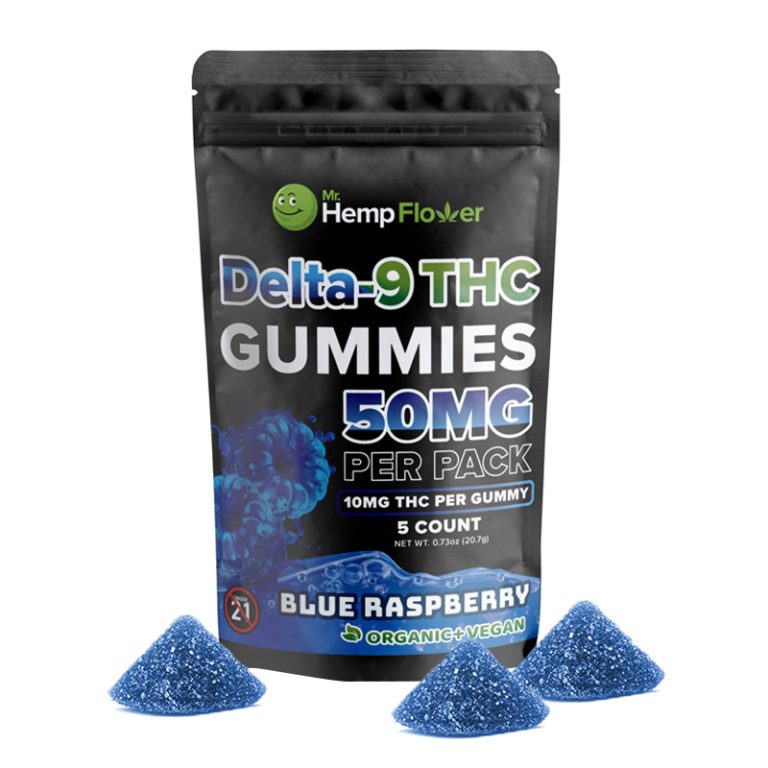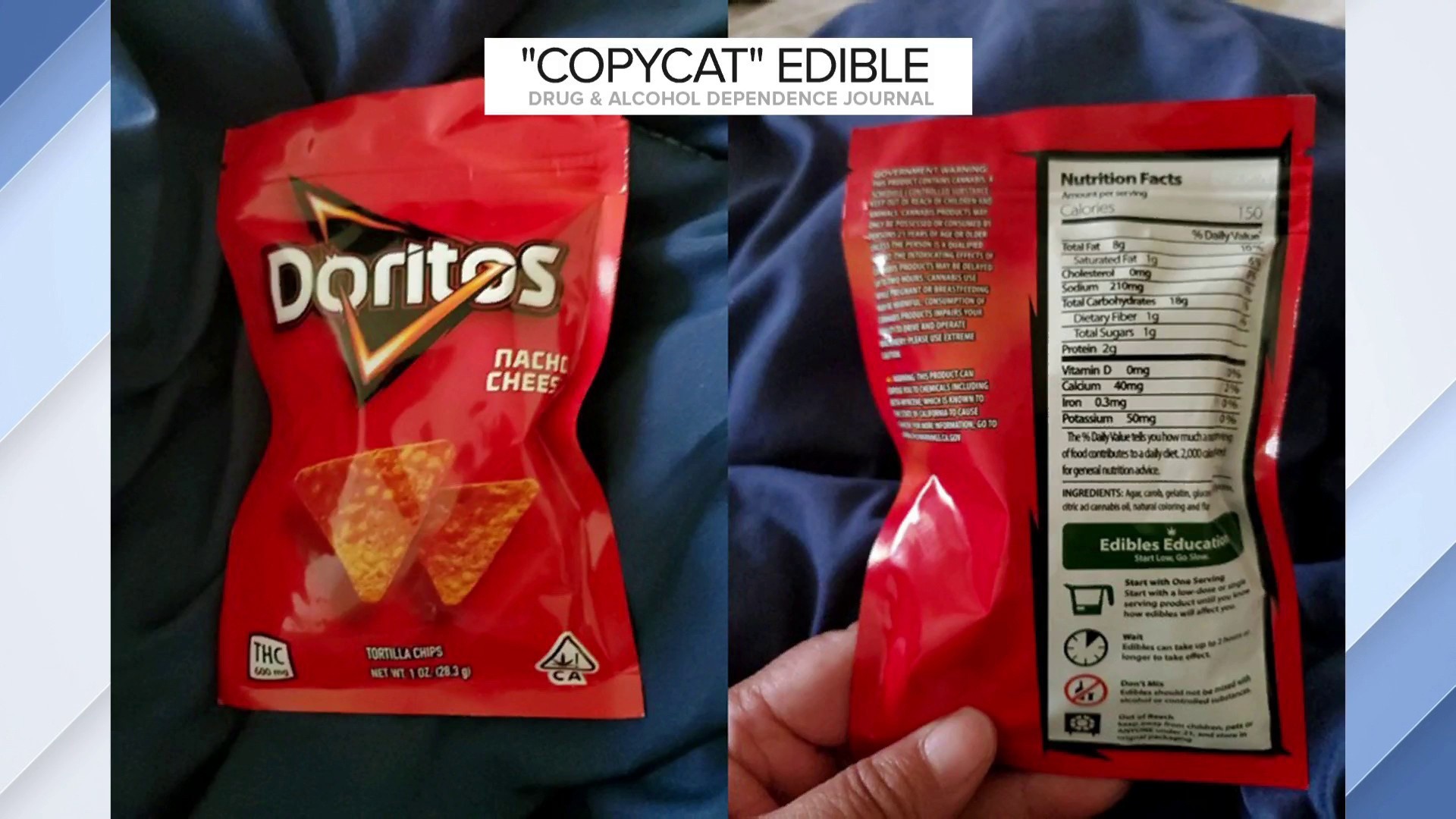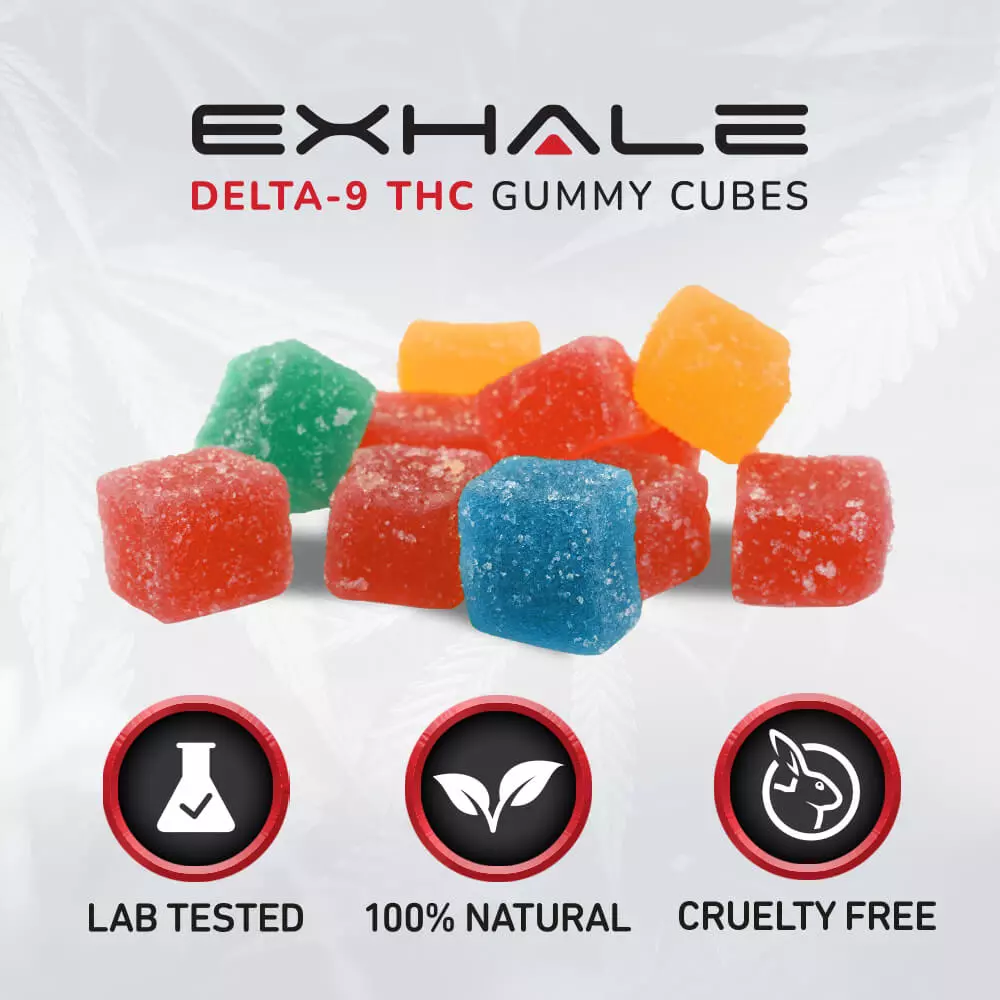Can Dogs Smell Delta 9 Gummies

Imagine a bustling airport, the air thick with the aroma of coffee and jet fuel. Luggage tumbles down the conveyor belt, a chaotic dance of suitcases, backpacks, and duffel bags. Amidst this controlled pandemonium, a furry hero weaves through the crowd, nose twitching, tail wagging with purpose. This isn't your average airport greeter; it's a highly trained canine, a scent detective on a mission. But what exactly are they sniffing for?
The central question—and one that's becoming increasingly relevant in our evolving landscape—is: can dogs smell Delta 9 gummies? The answer, while not a simple yes or no, carries significant implications for law enforcement, personal privacy, and the broader conversation surrounding cannabis and its derivatives.
The Canine Nose: A Superpower in Disguise
Dogs possess an olfactory system that is nothing short of extraordinary. Their noses contain up to 300 million olfactory receptors, compared to a human's paltry 6 million. This difference in anatomy translates to a sense of smell that is tens of thousands of times more sensitive than our own.
This remarkable ability allows dogs to detect incredibly faint odors, distinguishing between individual scents even when they are mixed together in complex combinations. It's this superpower that makes them invaluable in various fields, from search and rescue operations to detecting medical conditions.
The Science of Scent Detection
Canine scent detection relies on the principle that every substance emits volatile organic compounds (VOCs), tiny molecules that evaporate into the air. Dogs are trained to recognize specific VOCs associated with a target substance, such as explosives, drugs, or even diseases like cancer.
When a dog encounters a target scent, the VOCs bind to receptors in their nose, triggering a neurological response that alerts them to the presence of the substance. Through rigorous training, dogs learn to associate these scents with a reward, motivating them to actively seek out and identify the target odor.
Delta 9 Gummies: A New Wrinkle in the Scent Landscape
Delta 9 tetrahydrocannabinol (THC) is the primary psychoactive compound in cannabis. Delta 9 gummies, edible candies infused with Delta 9 THC, have become increasingly popular, and legal, in many regions. This rise in popularity has created a complex legal and practical challenge for law enforcement.
The question of whether dogs can smell Delta 9 gummies is complicated by several factors. First, gummies contain other ingredients besides Delta 9 THC, such as sugars, flavorings, and binding agents.
Second, the concentration of Delta 9 THC in gummies can vary widely depending on the product. Third, the ability of a dog to detect Delta 9 THC depends on its training and the specific scent profile it has been taught to recognize.
Training and Specificity
Dogs are typically trained to detect the odor of cannabis, which contains a complex mixture of cannabinoids, including Delta 9 THC, as well as terpenes and other aromatic compounds. Whether a dog trained to detect cannabis will alert to Delta 9 gummies depends on the specificity of their training.
If a dog has been trained to specifically target Delta 9 THC, it is more likely to detect the presence of the cannabinoid in gummies. However, if a dog has been trained to detect the broader scent of cannabis, it may or may not alert to gummies, depending on the concentration of Delta 9 THC and the presence of other masking odors.
According to a recent report by the National Canine Research Foundation (NCRF), the efficacy of dogs in detecting Delta 9 gummies is directly proportional to the training they receive. The report highlights the importance of ongoing training and exposure to various forms of cannabis products to maintain a dog's accuracy and reliability.
The Legal and Ethical Considerations
The ability of dogs to detect Delta 9 gummies raises significant legal and ethical considerations. In many jurisdictions, the legality of possessing Delta 9 THC products depends on factors such as the source of the THC (e.g., hemp-derived vs. marijuana-derived) and the concentration of THC.
If a dog alerts to Delta 9 gummies, it could potentially lead to a search and seizure, even if the possession of the gummies is legal under state or local law. This raises concerns about potential violations of privacy rights and the potential for disproportionate enforcement against individuals who are legally possessing Delta 9 THC products.
Furthermore, the use of canine scent detection in situations where the legality of Delta 9 THC possession is uncertain raises questions about the reliability of the evidence obtained. It is crucial that law enforcement agencies provide clear guidelines and training to ensure that canine alerts are used appropriately and do not result in unwarranted searches or seizures.
Expert Opinions and Legal Precedents
Legal experts, like Professor Emily Carter from the American Civil Liberties Union (ACLU), argue that "the use of drug-sniffing dogs trained to detect marijuana in states where marijuana is legal raises serious constitutional concerns." Carter emphasizes the need for clear legal standards and limitations on the use of canine scent detection to protect individual rights.
Several court cases have addressed the issue of canine scent detection and probable cause. In Florida v. Jardines, the Supreme Court held that using a drug-sniffing dog on the porch of a private residence constitutes a search under the Fourth Amendment and requires probable cause. This ruling underscores the importance of balancing law enforcement interests with individual privacy rights.
Looking Ahead: The Future of Scent Detection
As the legal landscape surrounding cannabis and its derivatives continues to evolve, the role of canine scent detection will undoubtedly remain a subject of debate and scrutiny. The need for ongoing research and training to ensure the accuracy and reliability of canine scent detection is paramount.
Furthermore, policymakers must carefully consider the legal and ethical implications of using canine scent detection in situations involving Delta 9 gummies and other hemp-derived products. Clear guidelines and regulations are needed to protect individual rights and prevent potential abuses.
The future of scent detection may also involve the development of new technologies, such as electronic noses (e-noses), that can detect specific VOCs with greater precision and accuracy. These technologies could potentially supplement or even replace canine scent detection in certain applications.
In conclusion, while dogs *can* be trained to detect Delta 9 gummies, the issue is far more nuanced than a simple yes or no. The effectiveness depends on training, concentration, and legal considerations. As we navigate this changing landscape, a thoughtful and informed approach is essential.


















